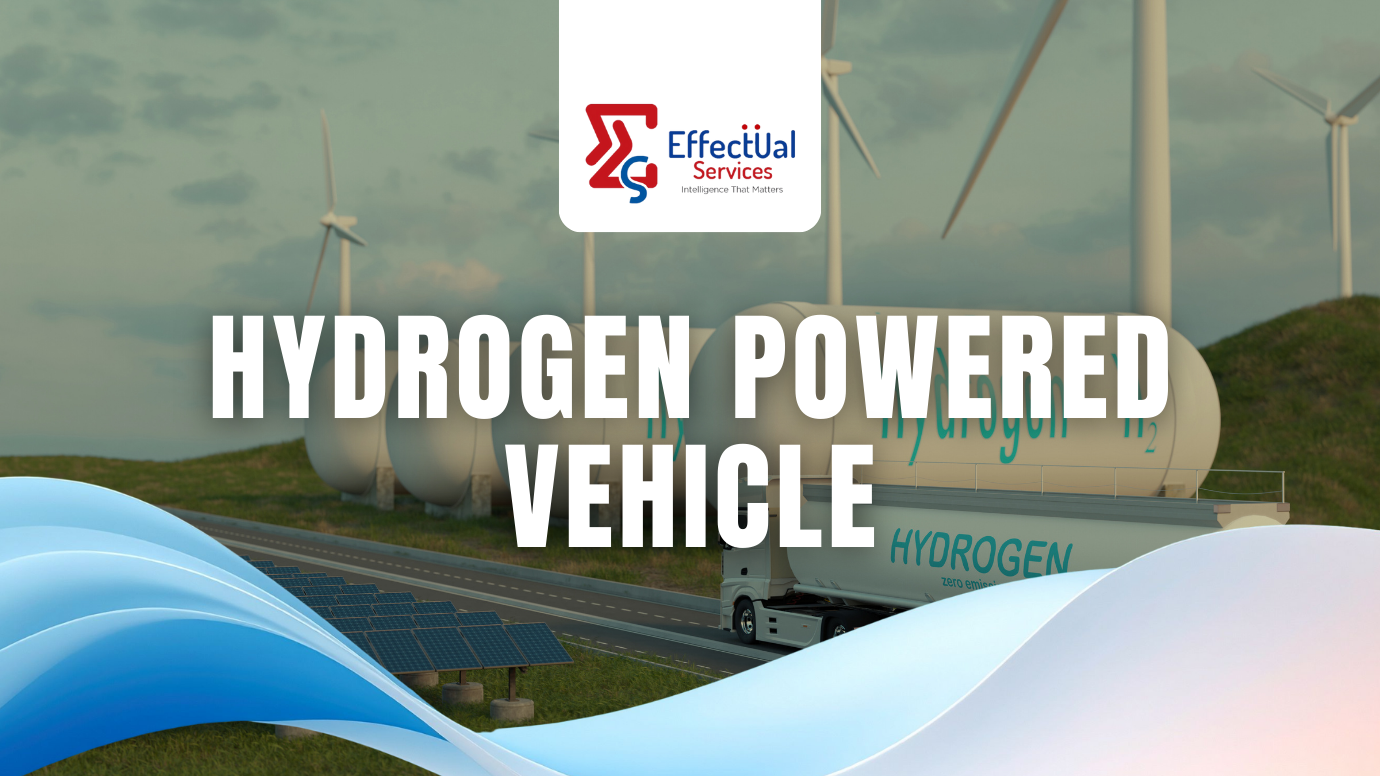
Hydrogen Powered Vehicle
Hydrogen engines are just modified internal combustion engines. The hydrogen fueling infrastructure developed for the applications of one can serve the applications of the other. Vehicles with hydrogen internal combustion engines can operate without any CO2 emissions coming from the hydrogen fuel, direct or indirect, depending on the source of the hydrogen used. Using hydrogen to power an engine or motor is more straight forward than you might think. There are two ways to do this.
The first way involves a device known as a fuel cell. The fuel cell converts hydrogen to electricity, which then powers the vehicle’s electric motors, just like in any electric vehicle.
The other way is hydrogen engines; internal combustion engines that burn hydrogen as the fuel. Either method has its advantages and applications where they are best suited.
Market Outlook
The global hydrogen vehicle market is projected to exceed $45 billion by 2030, driven by government mandates, green energy investments, and increasing interest in zero-emission transport—especially in heavy-duty and long-range mobility sectors.
Market Drivers
- Zero Tailpipe Emissions – Only water vapor!
- Fast Refueling – Full tank in 3–5 minutes, ideal for fleets and logistics.
- Long Range – Superior mileage vs. battery EVs in some use-cases.
- Government Support – Subsidies, hydrogen roadmaps, and infrastructure push.
Key Challenges
- Infrastructure Gap – Limited hydrogen refueling stations globally.
- High Production Costs – Green hydrogen still costlier than fossil fuels.
- Vehicle Cost – FCEVs are still more expensive than ICEs and BEVs.
- Public Perception & Awareness – Still a niche among consumers.
Recent Innovations
- Toyota Mirai & Hyundai NEXO – Leading commercial FCEVs with growing adoption.
- Hydrogen Trucks & Buses – Companies like Nikola, Hyundai, and Daimler are targeting heavy-duty segments.
- Airbus & ZeroAvia – Exploring hydrogen for aviation, taking clean transport to the skies.
- Solid-State Hydrogen Storage – Breakthroughs in safe, high-density storage materials.
Hydrogen vehicles may not replace battery EVs entirely, but they are poised to play a vital role in the future of sustainable transport, particularly for long-haul, commercial, and high-utilization sectors.




